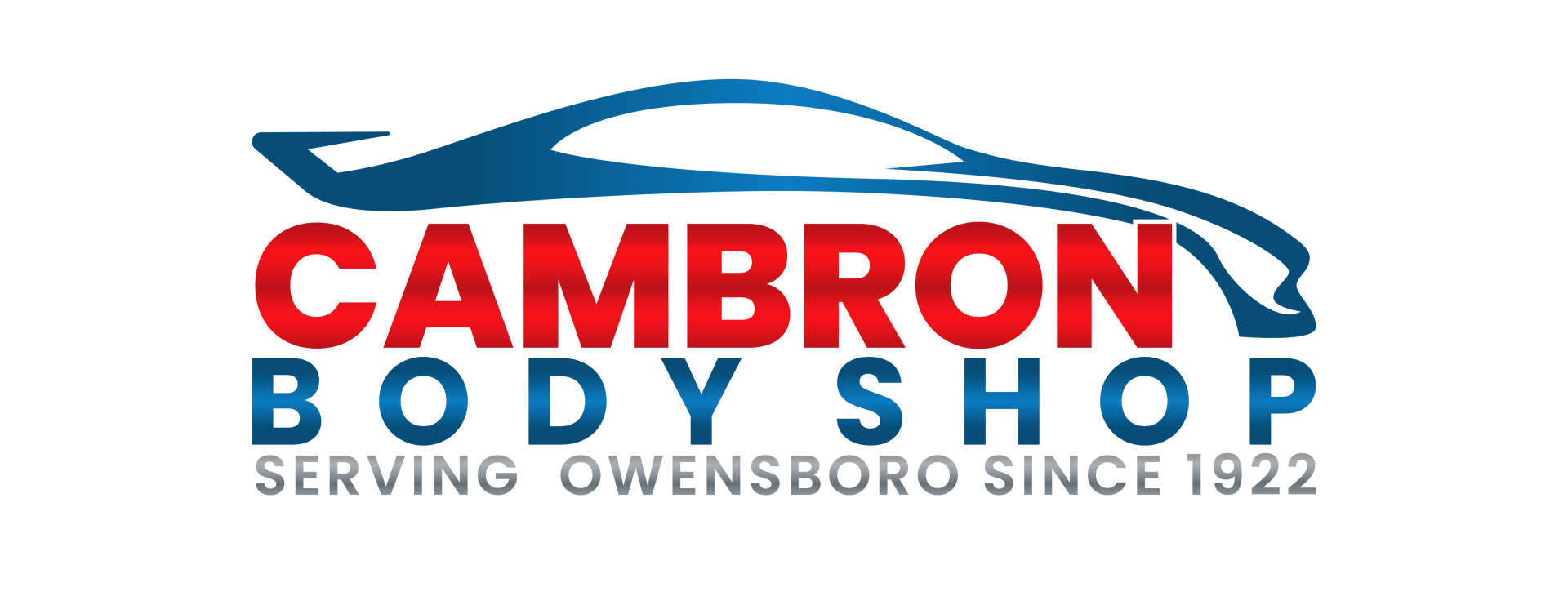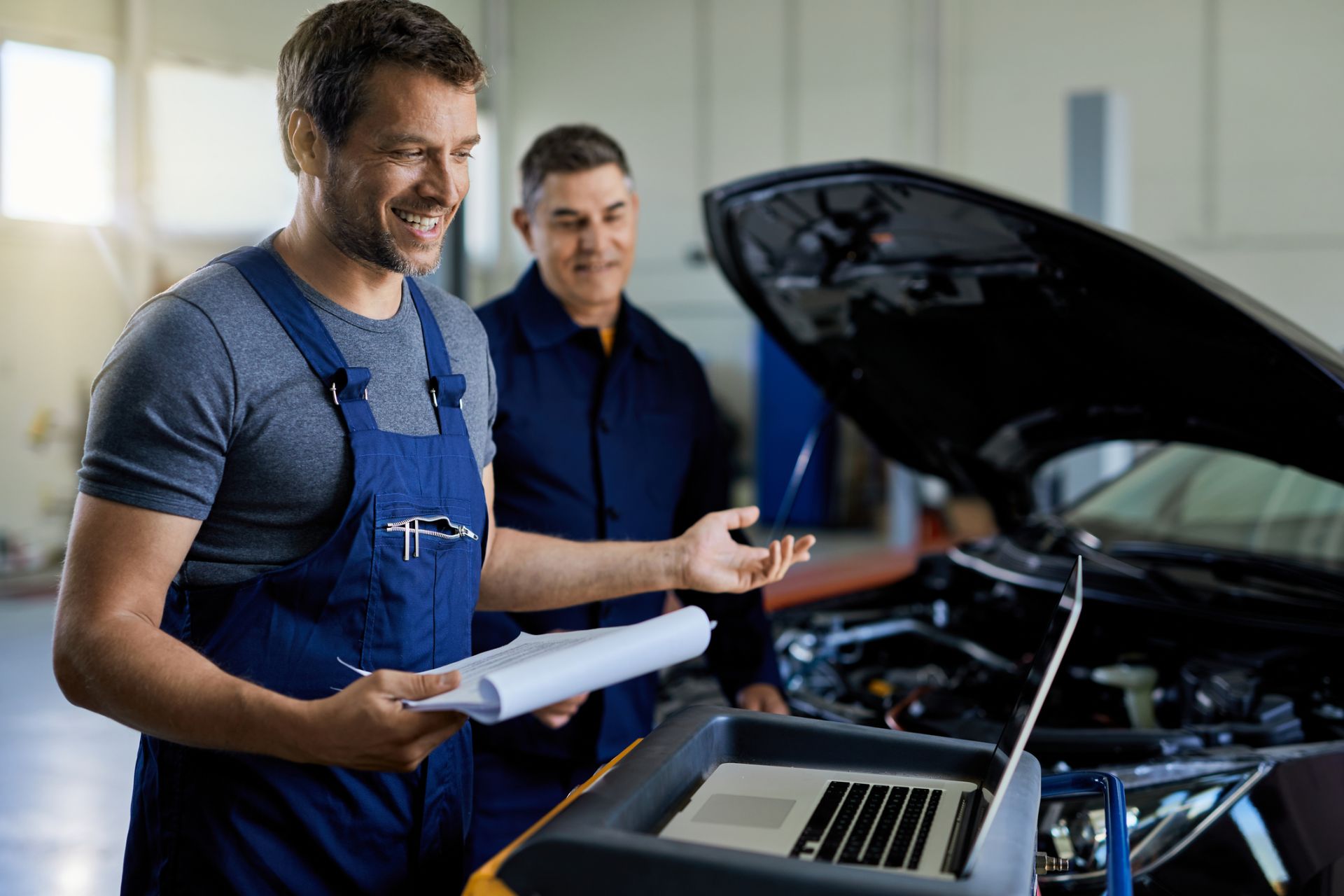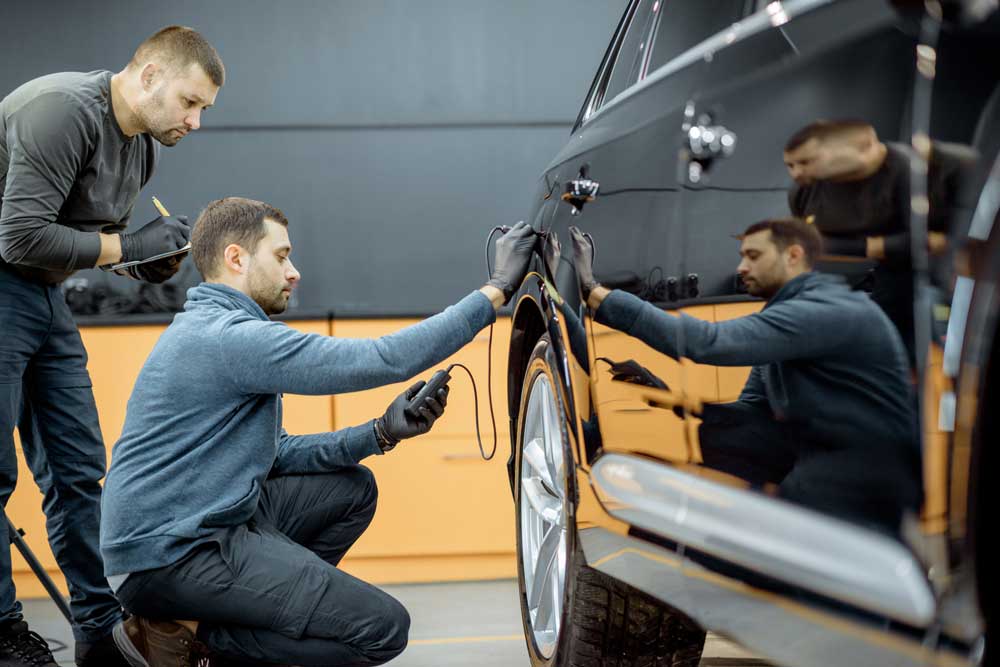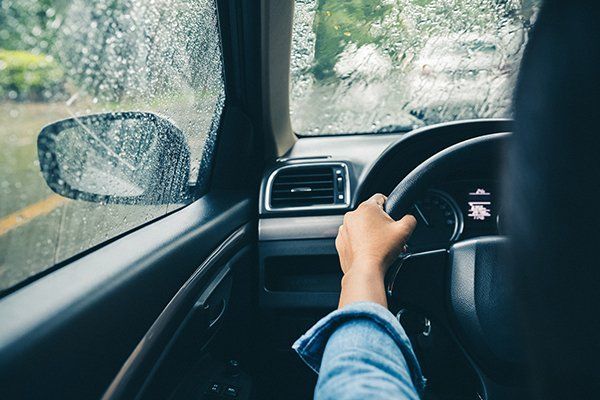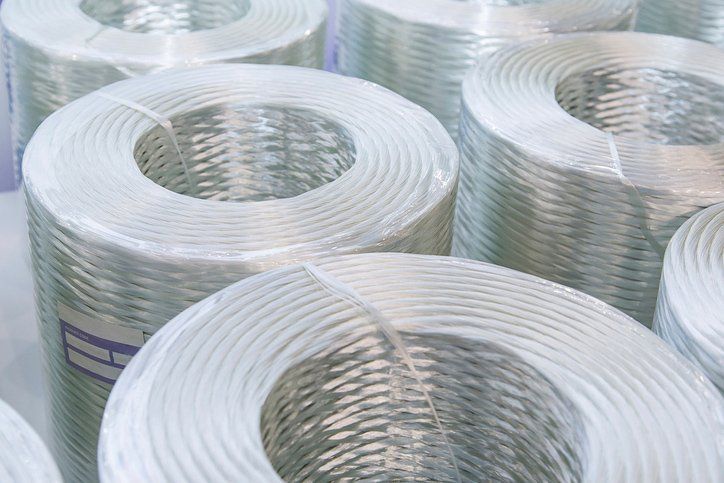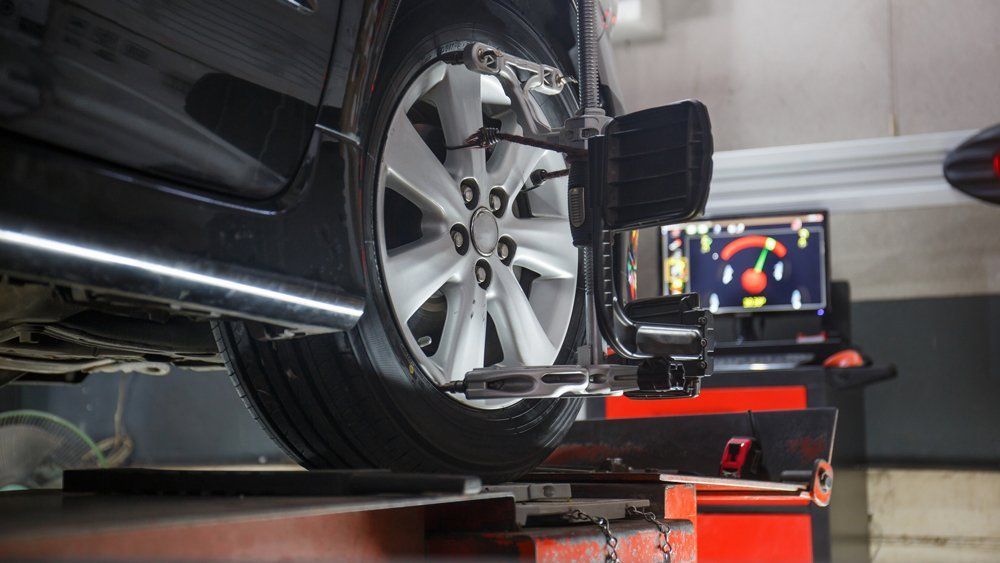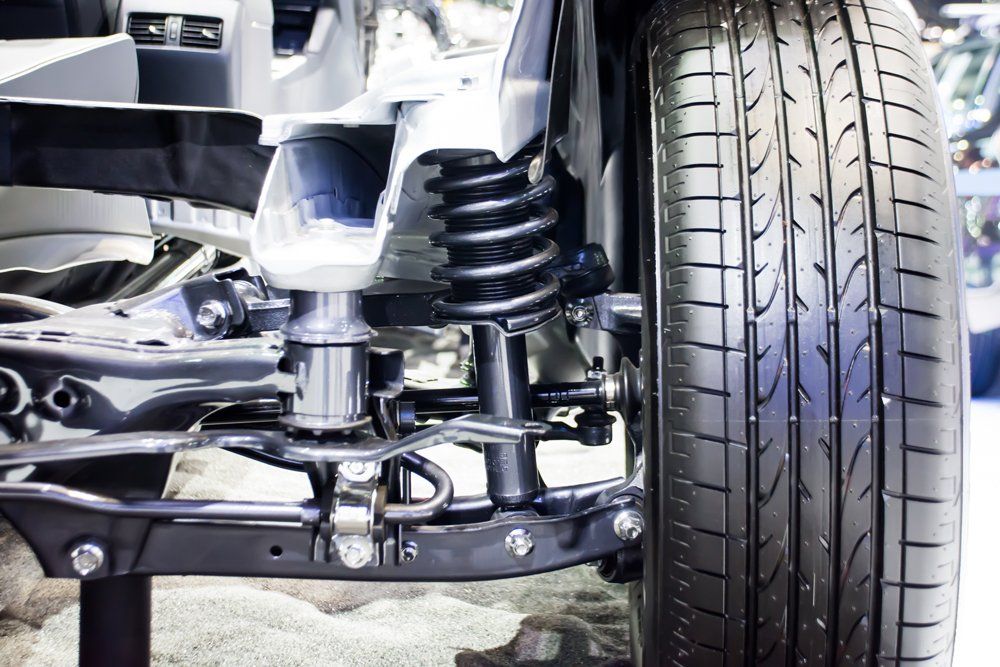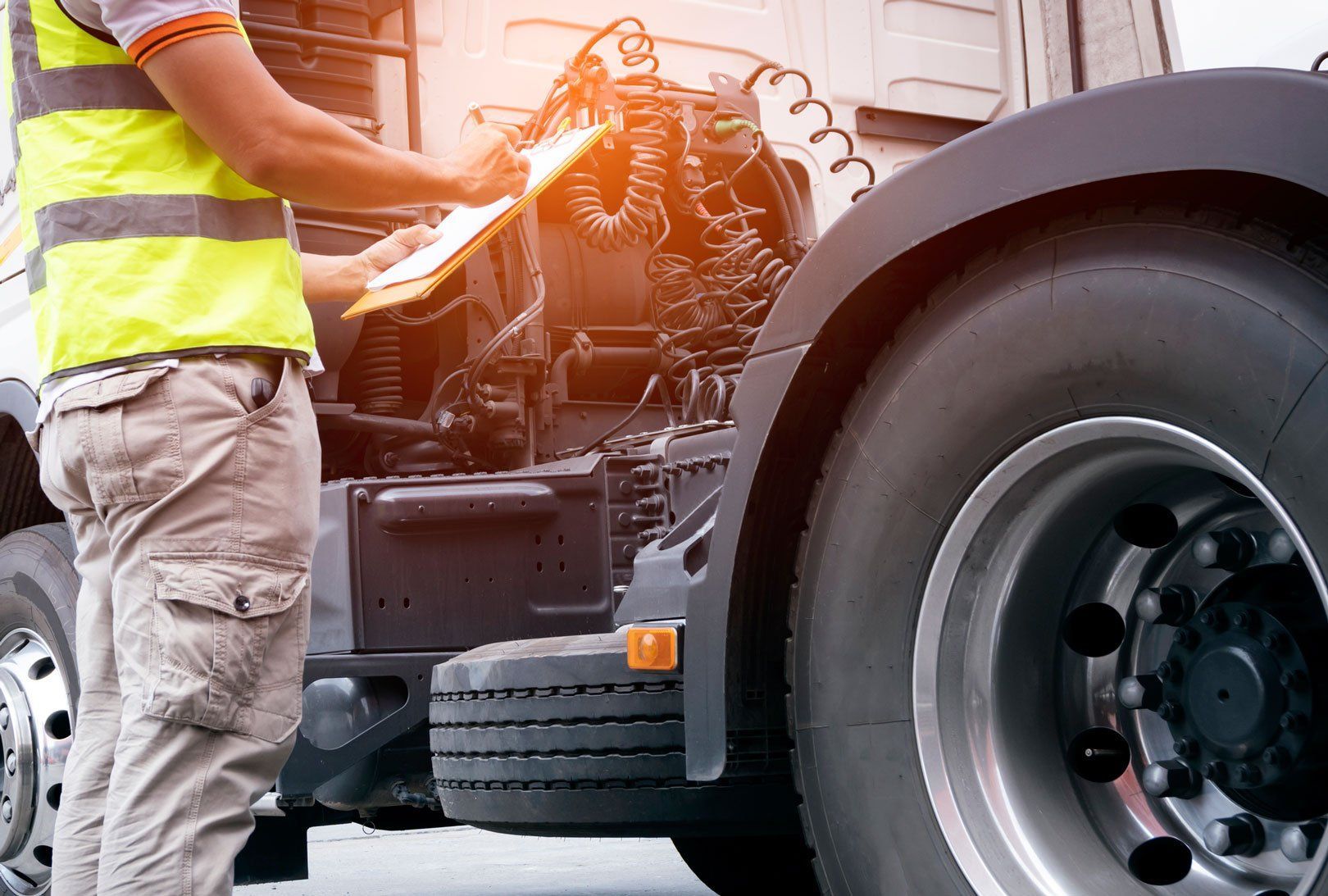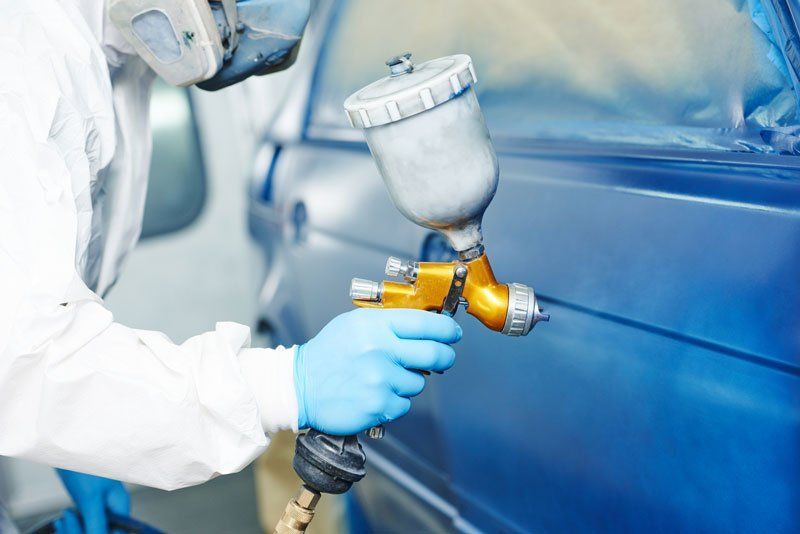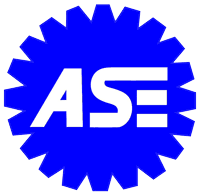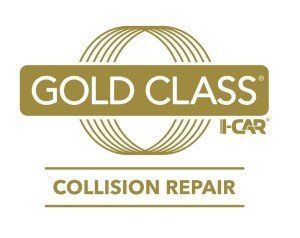STEPS TO TAKE IF YOUR RV IS IN AN ACCIDENT
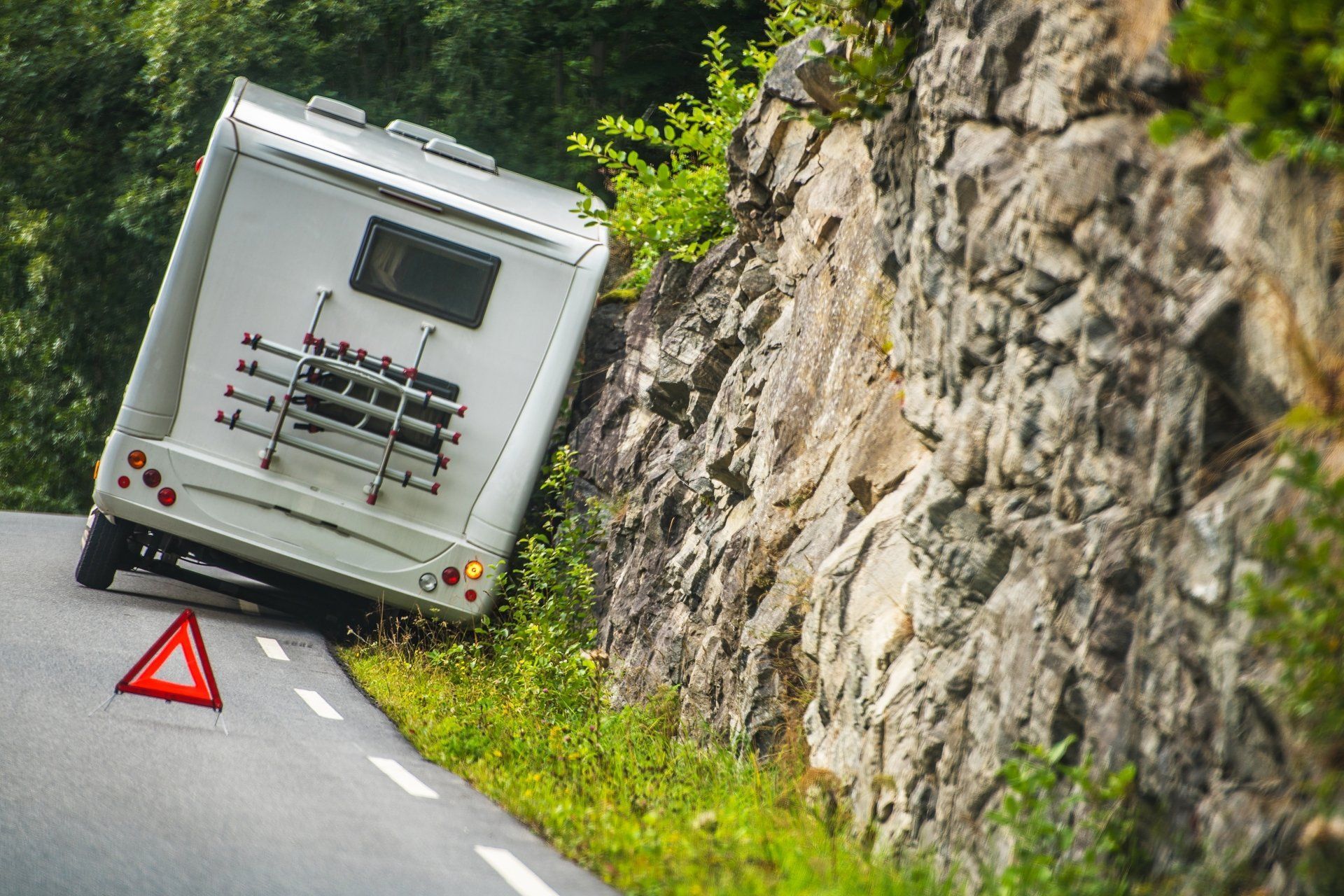
Accidents do happen. If you own any motor vehicle, you know that this is always a possibility, no matter how safely you drive. And when you drive a large recreational vehicle, you face both normal chances of being in an accident as well as special circumstances unique to your RV. The best way to handle all these risks is to understand what to do if there is an accident.
So as you head out on the road in your RV, here are a few reminders if you experience a road accident.
Put Safety First
As with any car or truck accident, the safety of all passengers is the most important thing to see to first. Check your own health condition and help ensure that everyone in your motor home is also safe. If you aren't sure about anyone's condition, call emergency services right away.
When the RV is in motion, both drivers and passengers should wear seat belts. But because of the open layout of motor homes, passengers may also have the tendency to get up and move around while on the road. If your RV is hit while stationary, people are likely to be moving around unsecured. This makes accidents even more dangerous, so don't take chances in the aftermath.
Move the Vehicle When Possible
Once you know everyone is safe or is receiving medical treatment, consider whether or not you can move the RV off the road. RVs are bulky vehicles, so they take up a lot of space. If you're on a smaller back road, this might even completely close the road.
If the damage seems minimal - largely body damage, for instance - you may be able to start the vehicle and move it to the side of the road or into town. If the RV fails to start properly or may not be safe to move, call for roadside assistance that specializes in towing large vehicles.
Notify Insurance and Police
Any time you are in an accident on the road, you should report it to the local police or sheriff's department. Even if the accident seems minor, you don't know if your RV has hidden damage that will complicate things down the line. And if anyone has sustained injuries or your vehicle is damaged, you generally must contact the police.
After notifying the police, follow standard procedures to exchange insurance information with any other drivers and obtain contact information for anyone who witnessed the accident. Take photos from all angles. Then call your insurance company as soon as possible in case you need assistance with arrangements like a rental car.
RV insurance needs are more complex than regular motor vehicles, so contact all insurance carriers that may be involved. This generally includes any separate RV policy carrier, your car or truck's insurance provider (especially when the RV is towed), and even your homeowners insurance carrier (which may cover personal belongings damaged inside the vehicles).
Have the RV Inspected
Now that the initial work is done, you'll need to get your RV back in working condition. Look for a repair company that specializes in recreational vehicles and trailers since these have different needs than regular cars and trucks. An experienced RV repair shop will know how to find hidden damage and how to repair the special fiberglass and sheet metal involved in RV construction.
With nearly a century of experience working with vehicles of all shapes and sizes, Cambron Body Shop is ready to help you get your RV or trailer back on the road as soon as possible. Call today to learn more about our services and make an appointment.
